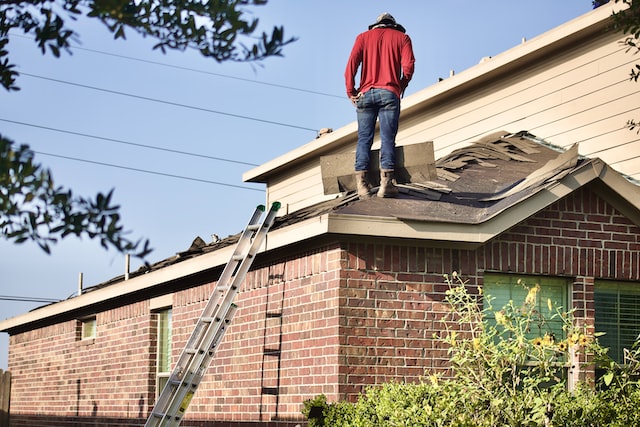Roof Leak Detection and Repair
Several factors can cause roof leaks. They include missing shingles, old or damaged caulk, and chimney cracks. Here are some tips for detecting roof leaks and preventing them!
Missing shingles
Missing shingles can make the roof look bad, and it’s important to note them during roof leak detection and repair. Missing shingles indicate a roof leak, as they can expose the seam between two shingles and allow water and debris to collect. Identifying the problem early can help you avoid costly repairs down the line.
Missing shingles are a common problem in residential roofing, Wilmington, NC | Summit Roofing & Construction in windy climates. While they won’t necessarily cause a leak, missing shingles can be an access point for water to get into the home. Therefore, if a leak occurs, you must replace them immediately.
Old or damaged caulk
Look out for the caulk outside your home. It may be cracked or missing. Using a putty knife, remove the caulk and replace it with new silicone latex caulk. Check the flashing and siding above the flashing for cracks and rot.
On your roof, if you find a spot where there is a lot of caulk, you can use the same substance in multiple places. A pointed applicator and liquid rubber sealant are packaged in tubes. This sealant is intended to shield exposed roof seams from sunshine and moisture. It is frequently used for roof repair, has no odor, and is water-based.
HVAC failures
Roof leak detection is a vital part of maintaining an HVAC system. This prevents costly damage and insurance rejections caused by false roof leaks. Identifying and fixing roof leaks is simple and can be completed in minutes. To get started, check the condensate drain line in your attic. If it is clogged, flush the line and clean the drain pan. If this fails, contact a professional HVAC company. They can install an HVAC trap in your system to detect leaks before they cause water damage. This trap will turn off the air conditioning system when the water level reaches a certain level.
HVAC systems rely on a closed-loop system to cool and heat homes. If there is a leak, it can cause the system to fail, resulting in increased electricity bills. In addition, major oil leaks can cause compressor failures, and water leaks can corrode HVAC components.
Plumbing
If you have a leaky roof, you should first check for the signs of leaks. Look for dripping water, stains, or discoloration. You might also see bubbling paint or other signs of water damage. Sometimes the signs are not obvious, but they may be far from the source. However, a small leak can become a serious problem.
To identify the source of the leak, a plumber will use a video camera to look for it. The video camera can also be used to see inside pipes that may have broken. Depending on the leak’s location, a plumber may have to dig a trench to reach the source. Once they have located the leak, they can replace or repair it.

